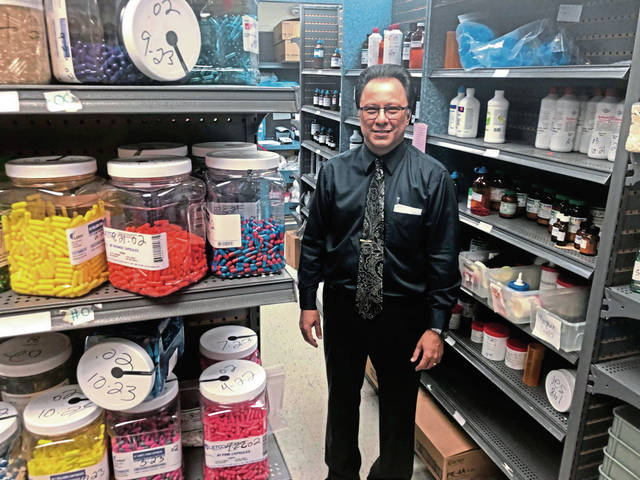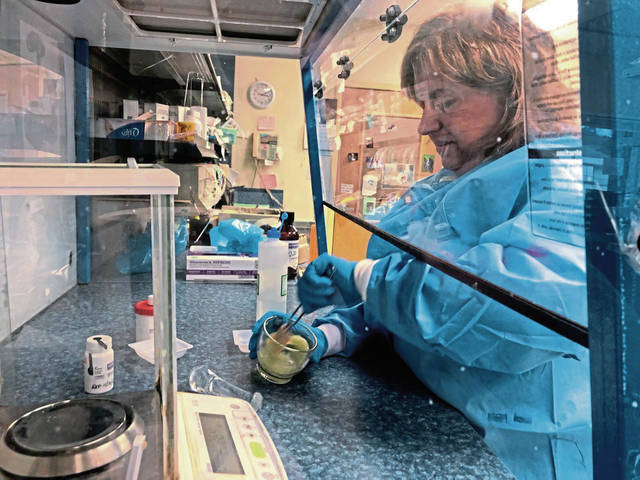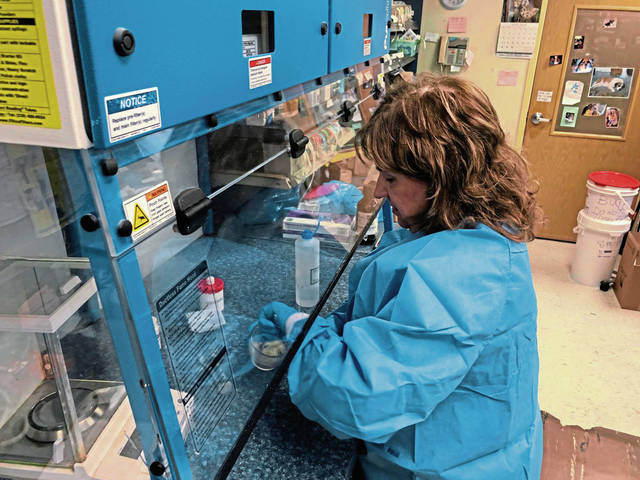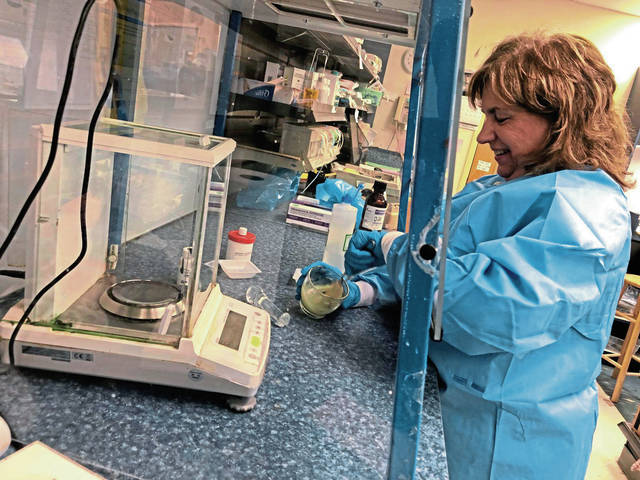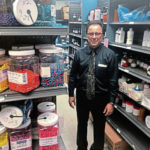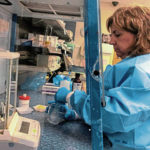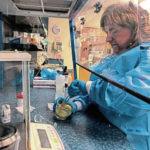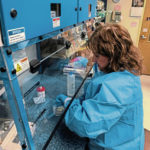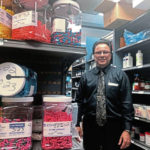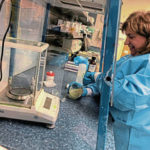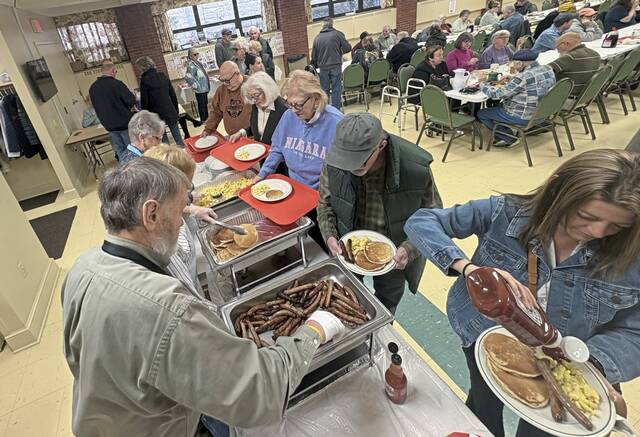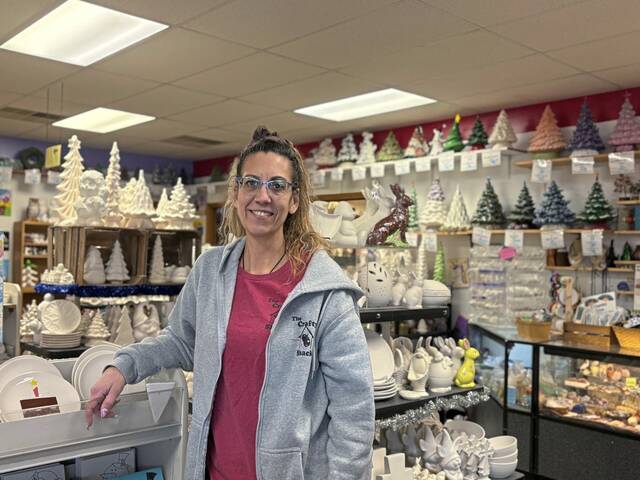Fran Ranier wants customers to know the Jeannette pharmacy he started 26 years ago is still open for business, despite recent inquiries to the contrary.
“ ‘Oh, everybody thinks you’re closed,’ ” he said a recent caller told him.
In February, Ranier shut down two parts of his operation that started in 1993 — the retail pharmacy and the production of sterile drugs at Ranier’s Compounding Laboratory.
Before the changes, the business was split into three main sections: the retail pharmacy, the compounding laboratory and a hospice pharmacy.
Ranier sold the retail pharmacy to Rite-Aid in February, citing poor sales.
“It’s just too hard to make money in it,” he said.
The compounding pharmacy remains open on Lowry Avenue and continues to make customized medicines designed for individual patients. The pharmacy also makes medicines for veterinarians and pet owners. However, last year it stopped producing sterile drugs after the U.S. Food and Drug Administration issued a public warning that the lab’s clean room failed inspections.
“Sterile” drugs are administered directly to the bloodstream, such as via injection. Pills, creams and other common types of medication are not considered sterile. Those are still made at Ranier’s Compounding Laboratory.
The hospice pharmacy provides medications directly to hospice facilities. It makes up the majority of Ranier’s business, filling about 450 prescriptions a day.
From fight to future
Business at the compounding laboratory has fallen from around 30 prescriptions a day to about 15, Ranier said. He believes the drop happened because customers thought the compounding lab closed along with the retail pharmacy.
Though it no longer makes sterile drugs, those accounted for a fairly small part of its business — about five prescriptions a day, Ranier said.
In February, Ranier called a truce after battling the FDA for nearly three years, reaching an agreement with the federal agency to permanently cease manufacturing sterile drugs.
FDA officials first noted problems at the laboratory three years ago, in April 2016. Inspectors wrote that they found “serious deficiencies” in the lab’s clean room, including residue on an air filter and the floor. The federal agency followed up with another letter in March 2017 saying the problems had not been fixed. In 2018, Ranier recalled its sterile products at the FDA’s urging.
Ranier said he believes the clean room followed all regulations. There have never been reports of medication from the laboratory making anyone sick, and Ranier recently had a sample from the room’s floor tested by another laboratory, which he said found no bacteria or other contagions.
However, Ranier said he has no intention of trying to get back into sterile medications.
“It’s too costly, and there (are) new regulations coming out,” he said.
The clean room has been unused since July.
Ranier may retrofit it and use it to produce nonsterile drugs, he said. Stricter regulations for nonsterile drug compounding are expected to take effect this year.
“It allowed me to refocus my energy on nonsterile,” he said of the FDA agreement.
Ranier’s Compounding Laboratory has 29 employees, and Ranier said he plans to continue to focus on the company’s strengths.
“The future is in hospice and nonsterile compounding,” he said. “That’s where the growth is.”


